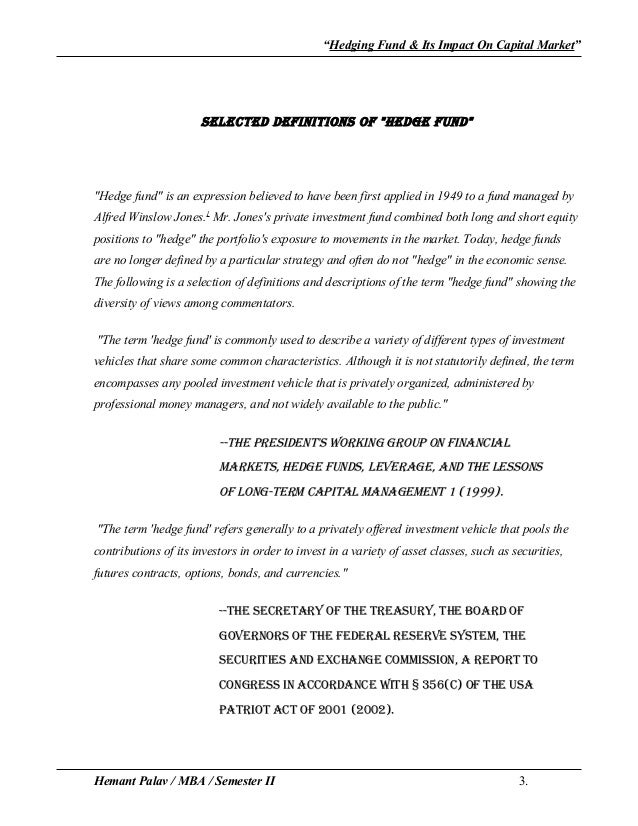
When a startup is at a stage where they can afford to pay lawyers tens of thousands of dollars, they will do a "priced round". At this point, you are a shareholder owning equity, and you earn a return if the value of that stock goes up over time, and you are able to sell it. These will convert your investment to stock at a later date if the company raises a "priced round" from major investors, most often venture capitalists. Most early-stage technology startups use a Convertible Note or Simple Agreement for Future Equity. The faster the business grows revenue, the faster you earn a return, and the higher your effective interest rate. Unlike a loan, a revenue share returns a fixed amount of money (such as 2X your investment), but the time it takes to repay depends on how well the business does. A simple loan, just like your car loan, has a fixed repayment schedule known in advance. Some local businesses offer a simple loan or revenue share. We recommend you review our Reg D Basics pages for help with the Rules.The amount you may earn depends on the type of investment contract the company is offering. Please note Rule 505 is no longer be available. If you plan to raise more than $10 million you must use Rule 506. Rule 506 is our recommended exemption based on state securities law acceptance in EVERY state however, if you plan to raise less than $10 million you can consider using Rule 504. Rule 506 can be used to raise any amount of capital regardless of how small or large and is the most widely used Rule under Regulation D. Finally select which Regulation D Rule is right for your Reg D Offering. If you plan to take investors capital as a profit sharing venture you will need to choose an equity offering. If you plan to take the capital as a loan you will need to choose a debt offering. Next determine how you would like to pay back investors. If you have not yet setup your business you will need to decide what type of entity you will be Limited Liability Company (LLC), Corporation or a Limited Partnership (LP). FIDUCIARY RESPONSIBILITIES OF THE DIRECTORS AND OFFICERS OF THE COMPANY.MANAGEMENT’S DISCUSSION AND ANALYSIS OF FINANCIAL CONDITION AND RESULTS OF OPERATIONS.


Once you purchase and download a template just add the information about your business along with the details for your Reg D Offering and they are ready to deliver to investors.

We have PPM templates for debt or equity offerings that can be used by Limited Liability Companies (LLC), Limited Partnerships (LP) and any type Corporation.Īll of our PPM Templates are Microsoft Word® documents so entering your offering information is simple and easy. All of our private placement memorandums meet the requirements for a SEC Regulation D offering as well as state Blue Sky and NASAA requirements.


 0 kommentar(er)
0 kommentar(er)
